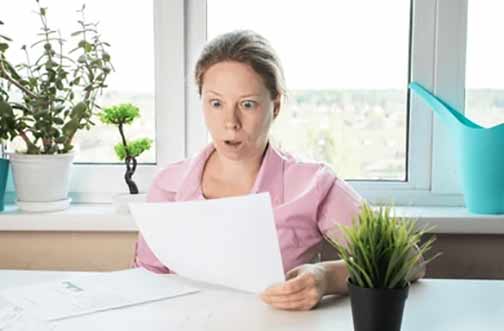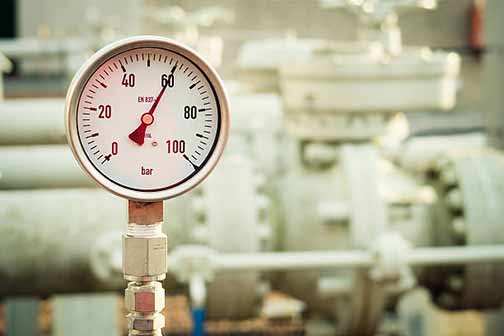
Are you dealing with excessively high water bills in your home?
If your home’s water bill has gone up for no apparent reason – that is, the amount of water you use in your home has not increased, and the water company has not raised its rates – it is possible that you are dealing with plumbing issues in your home, says IIP Management.
Plumbing problems in your home don’t always show up how and where you expect them to. If there is a pipe leak in your home, for instance, it is unlikely that you will see water cascading across your floors or streaming out of a hole in the pipes. Plumbing leaks are often very subtle.
That is why it is possible to have a major water leak in your home and not even know it. One way that you can tell that your plumbing is wasting large amounts of water is when your water bill goes up for no reason. This is why it always makes sense to investigate high water bills.
However, water leaks are not the only plumbing issue that can cause a spike in your water bill. There are lots of plumbing issues that can have this effect, many of which you may view as harmless. If your water bill is rising, it could be due to one of the following plumbing problems.

7 plumbing issues that can impact your water bill
Dripping faucets
Most people don’t view a dripping faucet as a big enough issue to have a major impact on their water bill. But they are wrong; a dripping faucet is easily the most underestimated plumbing problem in homes. One dripping faucet can waste up to 17 gallons of water daily. Now, imagine how much water that faucet can waste in a year.
Running toilets
This is another seemingly harmless plumbing issue. Because it doesn’t create a mess or prevent people from using the toilet, most people are happy to let their toilet run indefinitely. However, one running toilet will waste approximately 250 gallons of water daily. The worst part of this problem is that it literally costs a few dollars and maybe ten minutes to fix.
Old, inefficient plumbing fixtures and appliances
Aging dishwashers, washing machines, and other water-using appliances will increase your water bill as they become less efficient at managing water. Older appliances are also more likely to spring leaks because of their worn-out components. At the same time, older faucets, toilets, and showerheads tend to use up a lot more water than they actually need to.
High water pressure
High water pressure may be the major reason your water bill is increasing. It forces the plumbing fixtures and appliances in your home to use more water than they should, even if they are low-flow fixtures or appliances. High water pressure also raises the risk of burst pipes, leaky connections, and damaged appliance hoses in your home.
Defective water softener systems
Backwash is an important part of how the water softener in your home works. This process involves the upward flow of water through the resin bed to dislodge accumulated minerals and clean the bed. This critical process becomes a problem if the backwash valve is stuck in the open position, allowing fresh water to be continuously dumped into the home’s sewage system.
Hidden pipe leaks
Common locations for hidden leaks in the home are walls, flooring, and underground. Pipes that are buried within the walls and floors of your home may leak without visible signs. But the hardest leaks to detect are the ones that happen underground. Unless the signs eventually make their way to the surface, underground pipe leaks can go undetected for extended periods of time. These leaks are often caused by clogs, age, and seismic activities.
Irrigation system leaks
Your outdoor irrigation system will inflate your water bills if the pipes are cracked and some sprinkler heads are damaged. Because these problems do not necessarily affect the function of the irrigation system, it is very easy to overlook them. A leaky irrigation system can waste extraordinary water, especially in summer.
What should you do if the plumbing problems in your home appear to be jacking up your water bills? The first step is to confirm your suspicions by getting an experienced plumber to inspect your entire plumbing and find the problems in the system.
Secondly, you want to examine your lifestyle to identify habits contributing to high water bills. The combination of handling your lifestyle issues and solving the plumbing issues in your home should be enough to resolve your high water bills.
Thirdly, you want to make sure this problem never happens again. Your plumber can help you by educating you on the critical steps that will help you avoid a recurrence of this problem. Those steps should include a plan for periodic plumbing inspection and maintenance.

